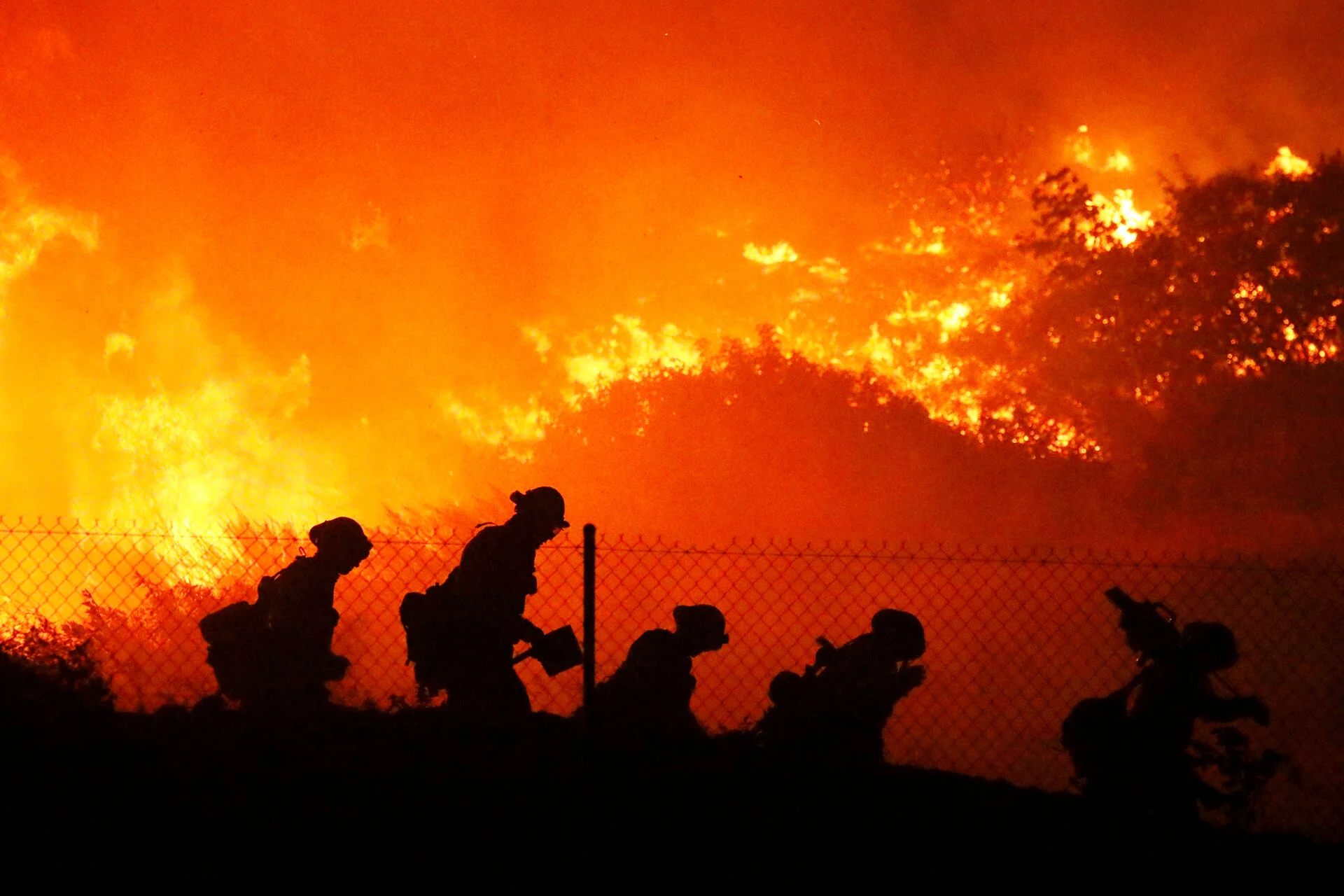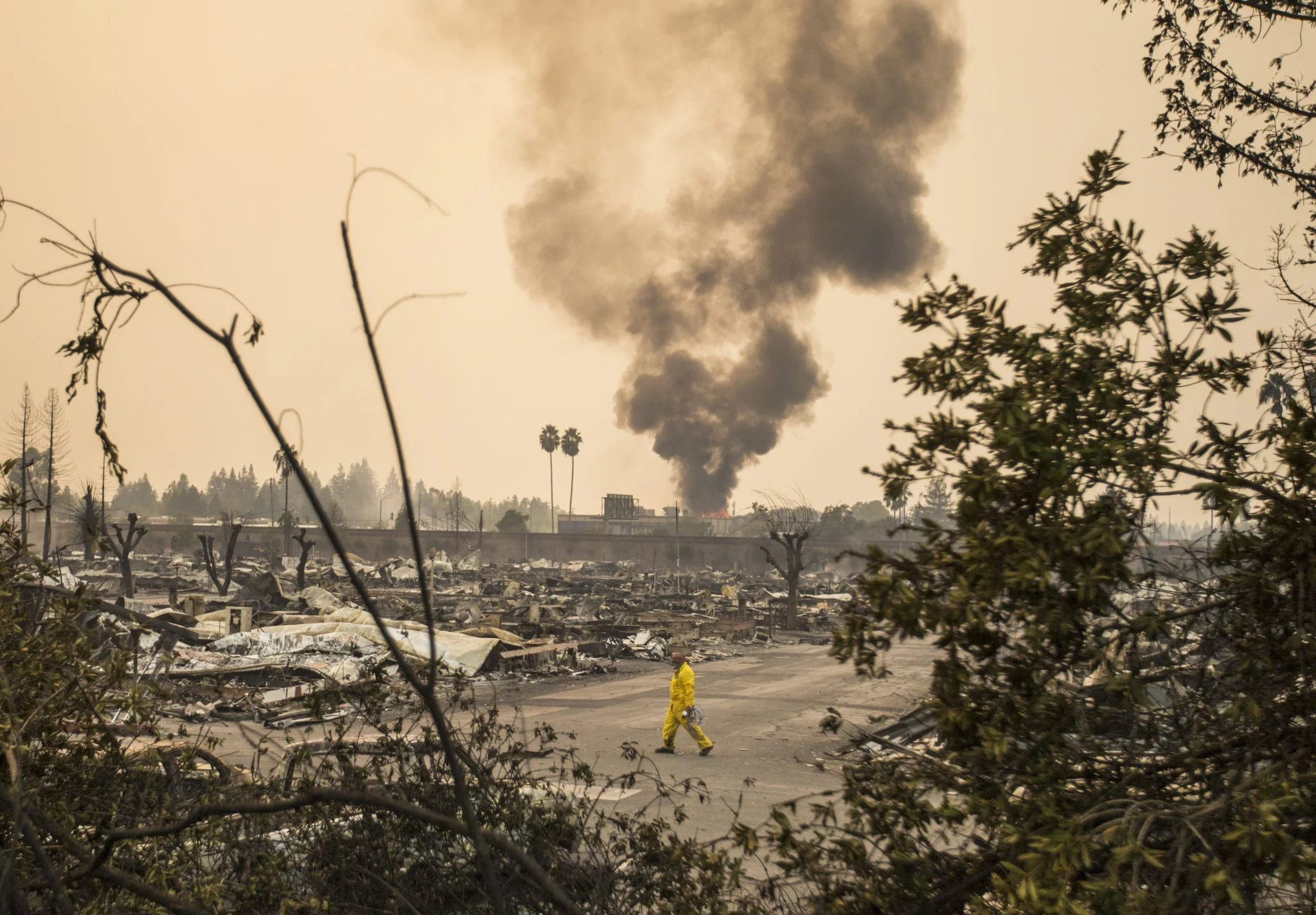Fire Safety
California’s Property Tax Loophole is putting fire safety at risk
A little known corporate loophole in California property tax law costs the public over $12 billion a year in lost revenue. This has decimated California’s most important source of revenue for local governments, including fire departments, who have been forced to make deep cuts across the board including.
“It’s a zero sum game,” says a senior legislative representative of the California Special Districts Association: “If any agency is going to get a benefit and receive more money, that means that other agencies are going to lose money, because we can’t just increase the money that is coming in for property taxes.”
California is not prepared for the next big crisis
After decades of budget cuts, our public safety net has been stretched to the breaking point. There is not enough funding to fight fires, let alone manage forests to prevent fires. This is especially troubling considering the increased threat of fire disasters caused by global climate change.
“Climate disasters are a reality that we confront every day. To protect Californians and the climate, our local and state response network needs more resources in place to keep small fires from becoming environmental disasters.”
SF Weekly
In the past five years, California has experienced nine of the 20 most destructive fires the state has ever seen. These fires are hotter, larger, and burn longer than ever before, and have led to the emergence of an annual state-wide “fire season”.
Local fire fighters are the first line of defense when responding to wildfires, but from 1994-2014, firefighter staffing based on population has been cut by 24%. According to the California Professional Firefighters association, local fire agencies have been unable to fill a growing number of mutual aid requests for wildfire response because the resources and equipment were not available.
The California Professional Firefighters association reports that in 2016, the number of unfilled requests was three times what it was in 2015. In 2017, according to recent reporting by SF Gate, when the Tubbs fire began to tragically spread through Napa County, an urgent request was made for 305 fire engines through the mutual aid program. Only 130 fire engines were deployed in response.
California needs real solutions
In an attempt to restore funding, more and more cities are forced to rely on temporary, regressive, and unstable forms of revenue, such as bonds, parcel, and sales taxes. These band-aid revenue sources are not only unreliable, they simply don’t provide the necessary resources to adequately address public safety threats. Meanwhile, in order to save nearly $100 million a year, between 35% and 40% of the firefighters employed by CalFire are prisoners working for just $2 a day. For the 5th largest economy in the world, this is unacceptable.
This has to change
It is more important than ever to restore a reliable and robust revenue stream to our local fire departments by making corporations pay their fair share. Closing the corporate loophole will help protect California from wildfires and other natural disasters by increasing funding for firefighters and first responders.
Closing the loophole will generate at least $390 million in new revenue that will go directly to fire districts, in addition to the billions for cities and counties which directly provide fire services. With new threats from climate change, population increases, and federal and local budget cuts, it is time to find a real solution. It’s time to close the Corporate Tax Loophole.

